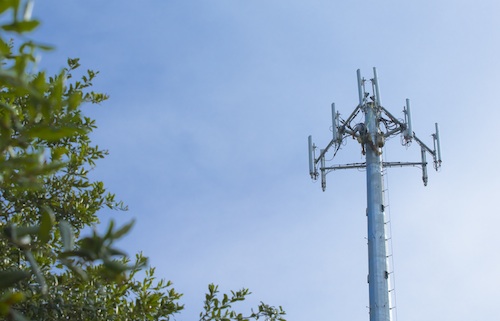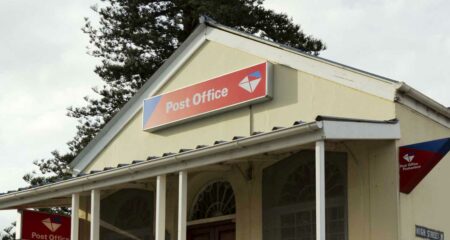
Mobile broadband and related industries will generate 1,8% of SA’s GDP (R72bn) and as many as 28 000 jobs by 2015, according to a new survey. But this will only be possible if roadblocks to mobile boadband deployment are removed.
This is the finding of a research report prepared by Analysys Mason on behalf of the GSM Association.
Now the GSMA says it wants the SA government and the industry regulator, the Independent Communications Authority of SA, to make “key decisions” on mobile spectrum allocation and taxation policy.
According to the findings of the Analysys Mason report, spectrum allocation and the levying of additional taxes on mobile services are big barriers to wider mobile broadband deployment and the launch of long-term evolution (LTE), the next generation broadband technology.
SA’s government has set national coverage targets of universal broadband access by 2019, with at least 15% household penetration. Given the country’s relatively poor fixed-line infrastructure, the role played by mobile broadband in meeting these targets will be significant, the GSMA says.
“The new minister of communications [Roy Padayachie] has this opportunity to make crucial decisions that will allow SA to benefit from the power of connecting people and businesses with state of the art mobile technology,” said GSMA spokesperson Ross Bateson in a statement.
“It is imperative Icasa provides clarity over future spectrum release plans and offers assurances that spectrum awards will follow international best practice. Harmonised spectrum allocations must be made to bring South Africa in line with the rest of the world, and to maintain the momentum of [high-speed packet access] and hasten the arrival of LTE.”
The GSMA also wants clarity on SA’s plans for divvying up spectrum in the valuable 2,6GHz radio frequency band.
“A legacy allocation of spectrum in this band to Sentech, which has remained dormant and unused for many years, currently blocks Icasa from allocating this spectrum for mobile,” the association says.
“In order to give South African consumers and businesses the most cost-effective access to broadband, and to help the SA government achieve its national broadband coverage targets, spectrum in the 2,6GHz band must be reallocated for the deployment of LTE as soon as possible.”
The Analysys Mason report finds that additional taxes are making mobile broadband services too expensive for many South Africans. Government has implemented a taxation approach that actively reduces broadband penetration by putting an economic burden on the purchase of handsets and services.
“A reduction in these ‘special’ taxes will translate into higher mobile broadband service adoption and more wealth creation reflected in additional GDP growth,” the GSMA says. — Staff reporter, TechCentral
- Subscribe to our free daily newsletter
- Follow us on Twitter or on Facebook




